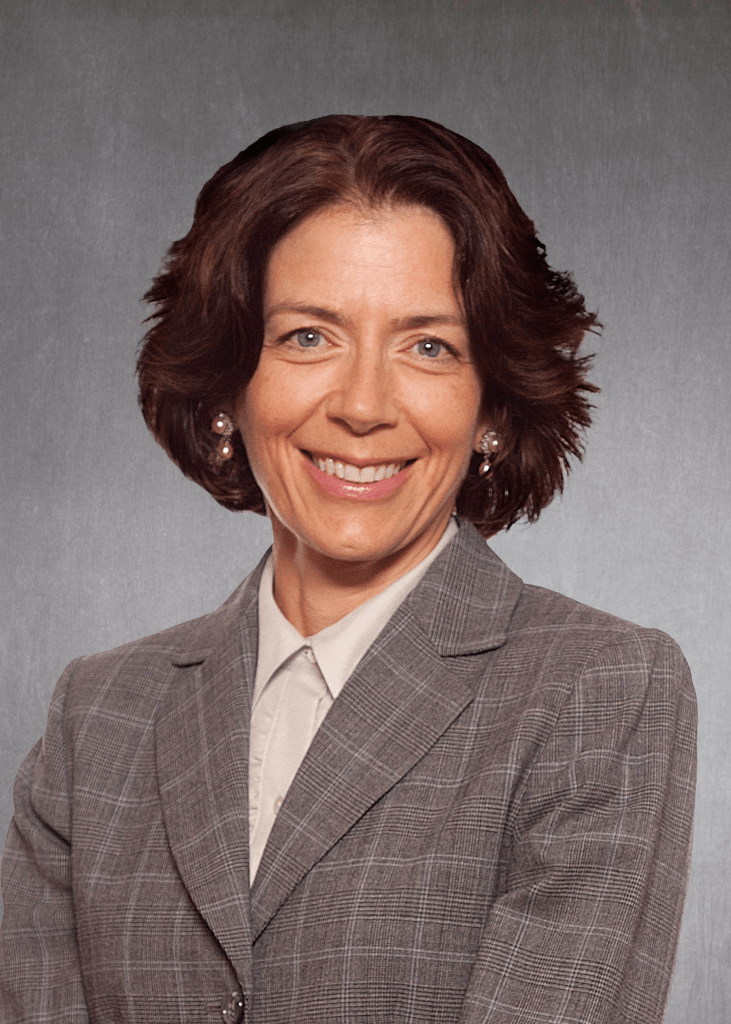
Cheri Young
In March 20, 2010, James Ruder, 42 years old and six feet tall, a Harley Davidson enthusiast with a solid build and spiked dark-blond hair, sat with his family holding hands around the dinner table in the house they had built just two years earlier. Typical brisk, sunny weather marked the start of spring in Castle Pines, CO, a small town south of Denver. Yet as the sun fell below the horizon, more than the temperature outside grew colder — it hardly felt like a day to celebrate new beginnings.
With a leaden feeling in his chest, Ruder and his wife faced their three children to tell them that their company, L&R Pallet Service Inc., was dying. After 36 years as the family business, L&R was facing dire financial trouble, and Ruder wasn’t sure he could fix it, especially during the ongoing recession. Tears traced Ruder’s cheeks as his family sat in stunned silence. Then the volley of questions began. “Will we have to sell our home? How much will we have to downsize? Will the kids need to change schools?”
The call from the local refugee resettlement agency came on an ordinary Tuesday in October 2013. Would L&R Pallet be open to hiring workers who had fled their home countries and were making new lives in Colorado? Ruder mulled it over. He’d tried hiring refugees once before, in the mid-’90s, but five of the six Bosnian workers he’d brought on had quit within a few months, just as the rest of his staff usually did. Still, the risk seemed low — he was always desperate for workers. Within two weeks, Ruder welcomed seven men from Burma to L&R’s standard three-day training on pallet assembly.
It was quickly clear to Ruder that these workers were different somehow. Within less than a week, the Burmese men were outperforming nearly all of their peers. They showed up to work early and waited outside the door to begin their shifts. They didn’t try to sneak in breaks when they thought supervisors weren’t looking — in fact, they never stopped working, even in cold, wet weather. Ruder felt like he’d hit the jackpot. He called the agency back and asked for as many more workers as they could send. By December 2013, L&R had hired another 18 refugees, including people from the Congo, Nepal, and Somalia, plus more from Burma.
